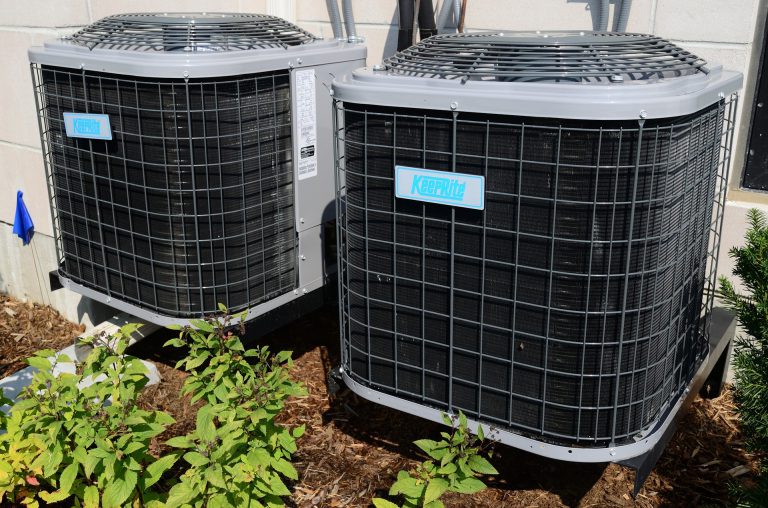Del Mar College
Heating, Air Conditioning, and Refrigeration Mechanics and Installers
Type | Credential | Hours | Online | Financial Aid |
|---|---|---|---|---|
Credit/CE | AAS Degree/L1/L2 | 60/40/30 | No | Yes |
Paul Creacy
Del Mar College
361-698-1720
pcreacy@delmar.edu
Median Annual Earnings are the midpoint earned by 50 percent of workers who are the lowest paid and 50 percent of workers who are the highest paid in a particular occupation
Jobs are any position in which a worker provides labor in exchange for monetary compensation (note: one individual may hold multiple jobs)
This is the most common education level requested in entry-level job listings.
Hard skills are specific, learnable, measurable, often industry- or occupation-specific abilities related to a position.
Soft skills can be self-taught and usually do not necessitate a certain completed level of education. They are essential in many industries and occupations.
Del Mar College
Type | Credential | Hours | Online | Financial Aid |
|---|---|---|---|---|
Credit/CE | AAS Degree/L1/L2 | 60/40/30 | No | Yes |
Coastal Bend College
Type | Credential | Hours | Online | Financial Aid |
|---|---|---|---|---|
Certificate | cred | hrs | Yes | No |
Visit Career Coach for in-depth information and available training programs for this job.


If you’re feeling stuck in your career or not sure where to start, don’t hesitate to contact our career navigators. Our experienced team can help you explore your interests, identify your strengths, and connect you with resources and opportunities that align with your goals. Whether you’re just starting out or looking to make a career transition, our navigators can provide guidance and support every step of the way. So take the first step and reach out to us today!